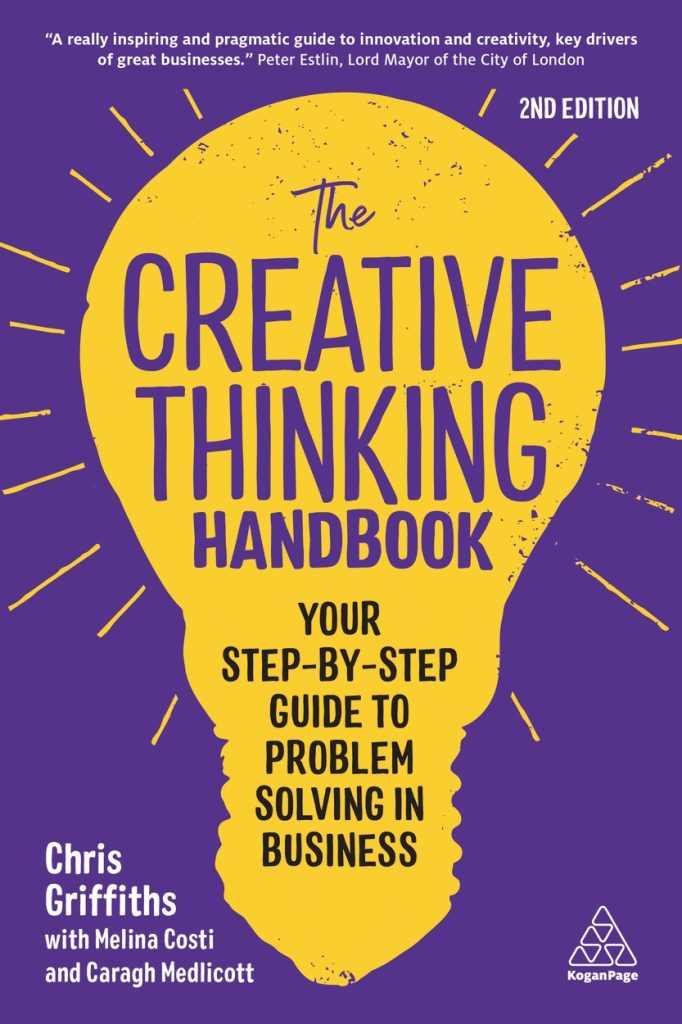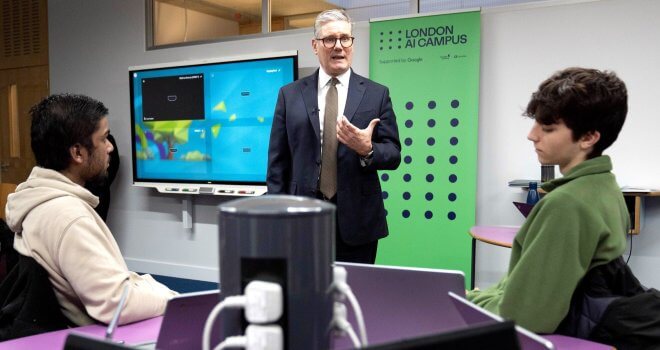How To Make People Feel Valued On Projects

There’s a famous saying which gives real insight into the link between feeling valued, and working hard. It reads: “A person who feels appreciated will always do more than is expected.” In busy working environments, it’s all too easy to get bogged down in the mechanics of the work and lose sight of the crucial human element which makes that work possible.
People skills are a key part of project management – but with so many plates to keep spinning, PMs can hardly be blamed for sometimes lapsing in focus. Still, today more than ever before, it is crucial that the emotional element of project management isn’t left out or neglected. With the rise of “quiet quitting” reshaping the workplace and the anxiety induced by global uncertainty, making team members feel valued is a must for project quality, delivery and overall success. So, how to do it?
To make people feel valued on a project, you must first understand the ingredients which are integral to this feeling. Really, this can be divided into three key areas: feeling seen, feeling respected, and feeling appreciated. Acknowledgement is a must for ensuring people feel seen, this means listening actively to what people have to say and taking time to truly consider their input. Simple gestures such as using people’s names in conversation and repeating their points back to them go a long way in achieving this.
From here, you can ensure that a person feels respected by being honest in your feedback – people don’t feel valued because you blindly agree with them, but because they know you’re genuine in your consideration and truthful in your response. Respecting a team member can mean deferring to their judgement in their area of expertise, but it can also mean being honest when you think a suggestion isn’t going to work. Either way, this respect will have a positive impact on every team member who knows that they’ll always be treated fairly.
This leads us onto the final step: appreciation. The previous two steps will already help to induce a sense of appreciation, but you can elevate this by saying thank you regularly. Gratitude and appreciation are just two sides of the same coin, and they both benefit from specificity. Adding a “why” to your thank you or compliment is the perfect way to do this, letting someone know exactly why their work mattered. Ultimately, a person feels valued because you show them that they add value, and appreciation is a must for achieving this.
Now we understand why and how people feel valued, it’s key PMs know how to translate this into action. The first step to doing this is building your best team. This is not a new idea for PMs, the right team is essential to project success, but it also has a huge impact on overall morale. After all, it’s hard to feel grateful for a screwdriver when what you really need is a hammer.
Assigning the wrong people to a team is the kiss of death for the project, and negatively impacts those team members who feel they are bad at their role when really they’re just not working to their own strengths. Taking time to set out the skills which will be essential to a project and then matching them to the team members you select will enable them to work at their best and see themselves as a whole working in cohesion together.
Once your team is assembled you must learn to lead with optimism. It’s nigh on impossible for an individual to feel valued when the person managing them is negative, pessimistic or even intimidating. Barbara Frederickson proved this through her study of positive emotions which lead, in turn, to the development of the Broaden and Build Theory – a theory suggesting that feelings such as joy, interest and gratitude do more than just make us feel good, they also encourage behaviours which are key to good work such as creativity, curiosity and motivation.
Optimism also fosters resilience and helps to negate negative traits such as reactionary thinking. With a positive PM at the helm, team members feel able to be bold and innovative knowing their ambition will be valued, even when the payoff isn’t perfect.
Finally, PMs can make sure individuals feel valued through their management style. There is a big difference between being a leader and being a dictator. Micromanagement is a common problem in project management circles. Out of a desire to keep all the cogs turning, PMs sometimes become meddlesome and even controlling.
It’s all well and good telling team members you appreciate them, but if this isn’t backed up by your actions the message becomes meaningless. Often even well-intentioned check ins or an onslaught of unsolicited advice can be read as a lack of trust or passive aggression. Giving autonomy to team members – while ensuring they know to come to you if they’re stuck – will boost confidence and overall determination to succeed.
Like the conductor of an orchestra, a PMs job isn’t to run from strings to woodwork playing people’s instruments for them, but to direct each individual in order to produce harmony from the whole. By employing these techniques in order to make each individual feel valued while working on a project, you can create the perfect conditions for a motivated, creative team who will go above and beyond to deliver on success.
Written by Chris Griffiths and Caragh Medlicott, authors of The Creative Thinking Handbook. Chris is also a keynote speaker, and founder of productivity and mind mapping app, ayoa.com.





